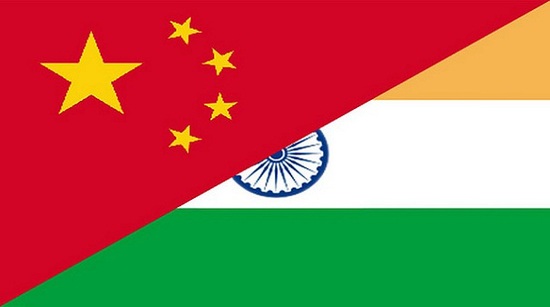Maritime Security
During recent bilateral talks in New Delhi, India and China have decided to open a new chapter in bilateral cooperation by agreeing to undertake joint operations against pirates. This boosts possibilities to debate the creation of a BRICS framework on maritime security, which I described in a recent post. The BRICS members have coastlines with the Atlantic Ocean (South Africa and Brazil), the Indian Ocean (India and South Africa), the Pacific (China and Russia) and the Arctic Ocean (Russia), and they are thus bound to play a key role in the governance of the seas. Tensions between China and India had long been identified as the major obstacle to including maritime security in discussions during the BRICS summit. Cooperation between the two is likely to remove these difficulties. On a broader scale, potential friction between India and China is the greatest threat to a successful BRICS Summit and a conflict between the two would essentially mean the end of the BRICS outfit as a whole.
A pre-fabricated final declaration?
On the eve of the track II meeting of the BRICS summit, it emerged that the Chinese delegation had asked the Indian hosts to send them the ‘Final Declaration’ ahead of the talks. The Indian organizer declined the request, pointing out that the declaration (which feeds into the declaration of the leaders’ summit in late March) would be the product of the debates during the 3-day long meeting. China’s desire to limit out-of-the-box thinking is not new: An Indian diplomat told me today that during the BRICS Summit in Sanya (China) last year, the Chinese organizers had made sure there was no time for informal chatter and debate about each other’s presentations, virtually eliminating room for any unexpected proposals during the summit.
BRICS Development Bank
Further details emerged about plans to create a BRICS Development (“South-South Bank”), which was discussed during the recent G20 Summit in Mexico. Both India and Brazil are likely to insist on a rotating presidency to avoid Chinese dominance in the institution. Each country is initially set to provide at least $ 1 billion. What seems already certain is that the BRICS Bank is not supposed to pose a threat to existing institutions like the World Bank or regional development banks. Yesterday, the Indian finance ministry’s announcement that it would make an investment of about $300 million to become a member of the US-based Inter-American Development Bank (which supports development in Latin America and the Caribbean region with a corpus of over $60 billion) made this clear.
Read also:
Is it time for a BRICS Development Bank?
Interview with AlJazeera: “BRICS Summit: A Perspective from Brazil”
Book review: “Brazil, the BRICS and the International Agenda”
China vs. India: Will the “contest of the 21st century” lead to war?
Photo credit: tvnewswatch/flickr









